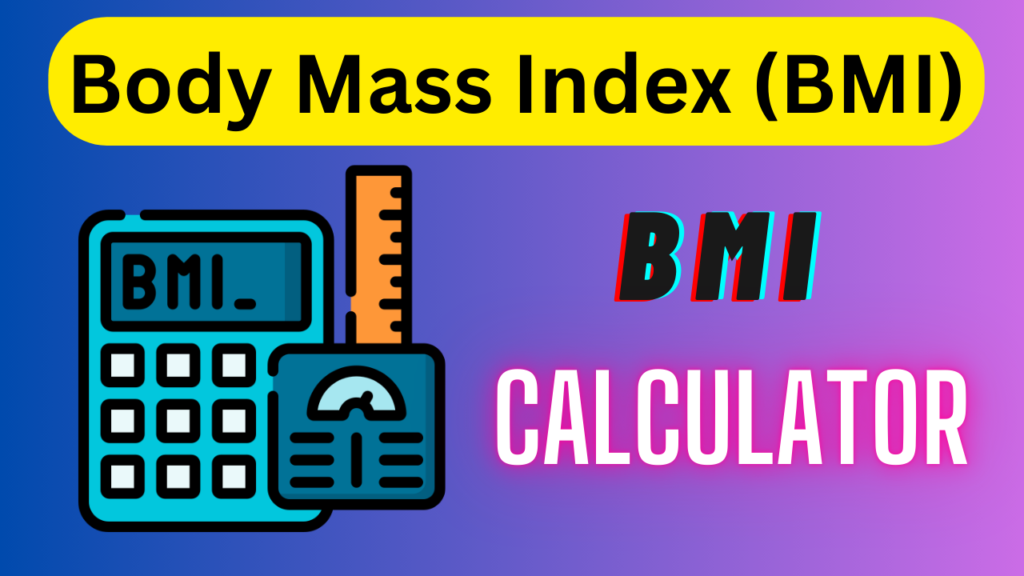Advanced Fat Intake Calculator
Fat Intake Calculator: How to Calculate Your Daily Fat Intake for Optimal Health
Understanding your Daily fat intake is essential for maintaining a healthy lifestyle and achieving fitness goals. Whether you want to lose weight, maintain it, or gain muscle, calculating the right amount of fat intake is crucial. In this article, we’ll explore how to use a Fat Intake Calculator, the science behind fat consumption, and how it affects your body.
What is a Fat Intake Calculator?
A Fat Intake Calculator helps you determine the amount of dietary fat you should consume daily based on factors like your age, gender, weight, height, body fat percentage, and activity level. This tool is designed to ensure that your fat consumption aligns with your fitness goals, whether it’s weight loss, maintenance, or muscle gain.
Why Is It Important to Track Your Fat Intake?
Fat is an essential nutrient that plays a key role in various bodily functions, including:
- Energy production: Fats provide a concentrated source of energy.
- Nutrient absorption: Certain vitamins like A, D, E, and K are fat-soluble, meaning they need fat for absorption.
- Hormone production: Fats are crucial for hormone balance, including the production of sex hormones.
However, consuming too much fat, particularly unhealthy fats, can lead to weight gain, heart disease, and other health problems. Using a Fat Intake Calculator ensures that you’re consuming the right amount of fat based on your specific needs.
How to Calculate Daily Fat Intake Using a Fat Intake Calculator
To calculate your daily fat intake, you need the following information:
- Age
- Gender
- Height (in centimeters)
- Weight (in kilograms)
- Body Fat Percentage (optional)
- Activity Level (Sedentary, Light, Moderate, Active, Very Active)
Once you input these details into the Fat Intake Calculator, it will use standard formulas such as the Mifflin-St Jeor or Katch-McArdle to estimate your Basal Metabolic Rate (BMR). From there, it adjusts the BMR based on your activity level to calculate your total daily energy expenditure (TDEE), and ultimately, your recommended fat intake.
Understanding Fat Intake Recommendations
A typical recommendation is to get 20-35% of your daily caloric intake from fat. The calculator provides this range for better customization. It also recommends a limit on saturated fat, typically less than 10% of your daily calories, to reduce the risk of heart disease.
Example of Fat Intake Calculation
Here’s an example for a person using the Fat Intake Calculator:
- Age: 25
- Gender: Male
- Height: 175 cm
- Weight: 70 kg
- Activity Level: Moderate (exercising 3-5 times per week)
The Fat Intake Calculator will estimate their daily calorie needs and provide a recommended range for total fat intake, as well as a limit on saturated fat.
For weight maintenance, the daily fat intake might be:
- Fat Allowance: 55 to 95 grams
- Saturated Fat Allowance: Less than 30 grams
If they want to lose weight, the calculator will reduce the calorie allowance and recommend a lower fat intake.
How to Use the Fat Intake Calculator for Weight Loss
For those aiming to lose weight, the Fat Intake Calculator can help by providing a calorie deficit. It will calculate how much fat you should consume while reducing your daily calorie intake to promote weight loss. For example:
- A deficit of 500 calories per day may result in a fat intake of 45-70 grams.
This way, you can ensure that you’re consuming enough fat to stay healthy while achieving your weight loss goals.
How to Use the Fat Intake Calculator for Muscle Gain
If you’re looking to gain muscle or increase your weight, the Fat Intake Calculator will add extra calories to your diet, suggesting a higher fat intake. For example:
- An extra 500 calories per day might lead to a recommended fat intake of 80-120 grams, depending on your goals.
Types of Fats to Include in Your Diet
Not all fats are created equal. It’s important to focus on healthy fats when planning your diet. Here are some good fats to include:
- Monounsaturated fats: Found in olive oil, avocados, and nuts.
- Polyunsaturated fats: Found in fish, flaxseeds, and walnuts.
You should limit saturated fats and avoid trans fats, which can contribute to heart disease.
Conclusion: The Importance of a Fat Intake Calculator
Using a Fat Intake Calculator is an effective way to manage your daily fat consumption, helping you achieve your weight and fitness goals. By entering a few simple details, you’ll get personalized recommendations for fat intake that are based on scientific formulas like Mifflin-St Jeor or Katch-McArdle. Whether you’re aiming to lose weight, gain muscle, or simply maintain a healthy lifestyle, tracking your fat intake ensures you stay on the right path.
Incorporate this tool into your daily routine to optimize your fat consumption and maintain a balanced diet that supports your overall health.


